Bronchial Asthma is chronic inflammatory disease of the airways with increased sensitivity to triggers resulting in increased swelling of the airways, mucous production and tightening of the air passages with difficulty in breathing. Children with bronchial asthma often have other associated allergies (e.g. food allergies, eczema and allergic rhinitis) and these may occur at various times in childhood (refer to The Allergic March Chart below). Children with a family history of asthma or other allergic disorders are more likely to suffer from asthma.
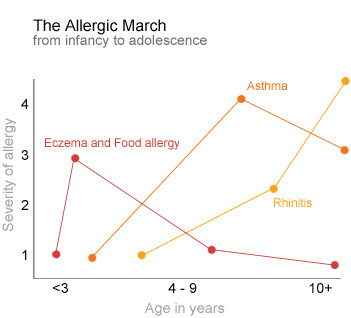
How Common Is It?
Asthma is the most common chronic disease affecting children in many parts of the world including Singapore. It affects about 20% of school-going children in Singapore and is one of the most common conditions requiring emergency treatment and hospital admission in childhood. A significant number of children with Bronchial Asthma also report frequent school absences due to asthma as well as exercise limitation and inability to participate in physical exercise.
What Are The Common Symptoms?
The common symptoms are wheezing, cough, shortness of breath and chest tightness. Wheezing is a high pitch whistling sound that occurs when a child breaths out. It may not be present in all children with asthma. Cough often accompanies wheezing or may be the only complaint in some children. Cough is generally most troublesome at night or early in the morning or may be provoked by activity or other known triggers e.g. allergens. Shortness of breath is usually associated with wheezing and cough and usually suggests a more severe episode of asthma. It may be preceded by an upper respiratory tract infection or occur after exercise. Chest tightness may be a complaint of older children, particularly after exercise.
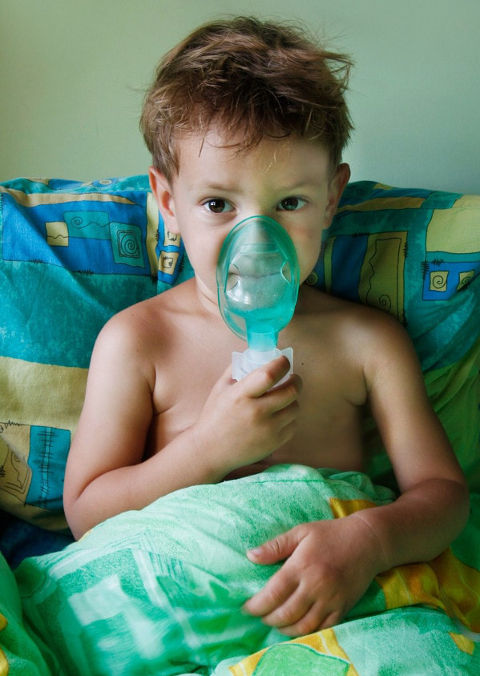
What Are The Common Triggers?
- Viral respiratory tract infections are the most common triggers in young children. These infections generally precede an episode of asthma by 1-2 days and asthma symptoms may persist for 1-2 weeks after.
- Exercise is a common trigger in children with uncontrolled asthma. Symptoms usually occur several minutes after exercise or may occur many hours later in the same night.
- Allergens are common triggers of asthma symptoms. Locally, house dust mites, animals/pets, cockroach and mould are some of the more common inhaled allergens. Food as a cause of isolated airway allergy symptoms is not common.
- Irritants in the air can aggravate pre-existing asthma. Tobacco smoke, air pollution, strong smells and fumes can provoke symptoms of asthma.
- Other factors that may trigger symptoms in some children with asthma include emotions (e.g.stress, excitement), weather changes, changes in temperature, drugs (e.g. Voltaran, Ibuprofen), chemicals (e.g. artificial colourings and preservatives)
How Do Doctors Confirm The Diagnosis Of Bronchial Asthma?
A good history and physical examination is the most important part of diagnosis. Some investigations that may be useful include:
- Chest X ray and other imaging
This may be useful to exclude chest or heart problems as a cause of chronic cough, breathlessness or in severe asthma to exclude complications or associated chest infection.
- Lung function tests
These are safe and simple tests that can be done in co-operative children 2 years or older. These tests include spirometry, measurement of airway resistance by impulse oscillometry and exhaled nitric oxide. These tests help to assess for baseline impairment of lung function if any and allows objective tracking of lung function.
- Exercise challenge test
This is useful to confirm exercise induced asthma in older children who have activity induced symptoms.
- Allergy tests
These can be done in children of any age if indicated and can be done as a skin prick test or a blood test. Allergy tests are useful to confirm sensitisation to environmental allergens (e.g. house dust mites, cat, dog) as a possible trigger of asthma symptoms.
Here is a questionnaire on asthma you may refer to when asking your child.
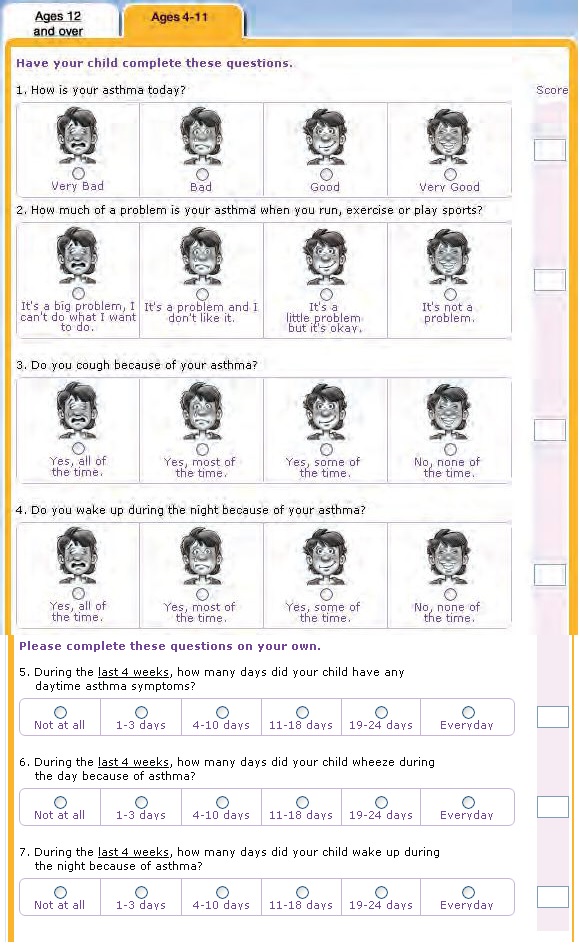 Click here for a larger view.
Click here for a larger view.
Dr Jenny Tang, Paediatrician From SBCC Baby & Child Clinic, Asthma, Lung, Sleep & Allergy Centre (Gleneagles Medical Centre).
* * * * *
If you find this article useful, do click Like and Share at the bottom of the post, thank you.
Want to be heard 👂 and seen 👀 by over 100,000 parents in Singapore? We can help! Leave your contact here and we’ll be in touch.












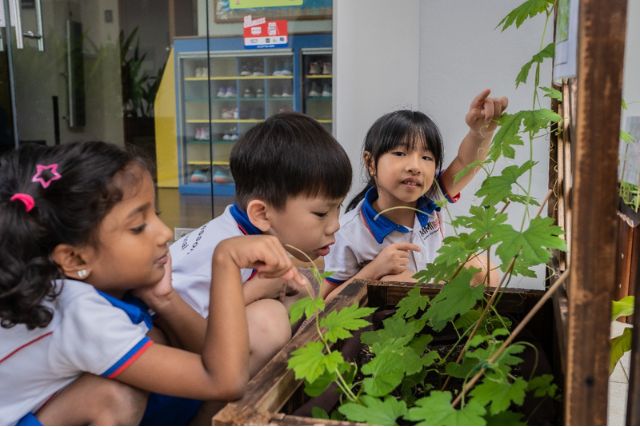


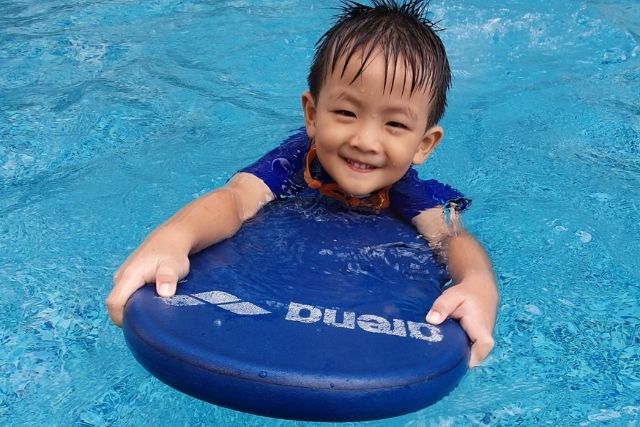






















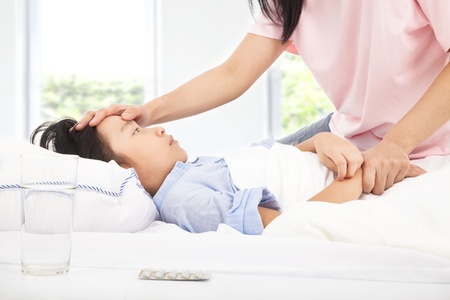
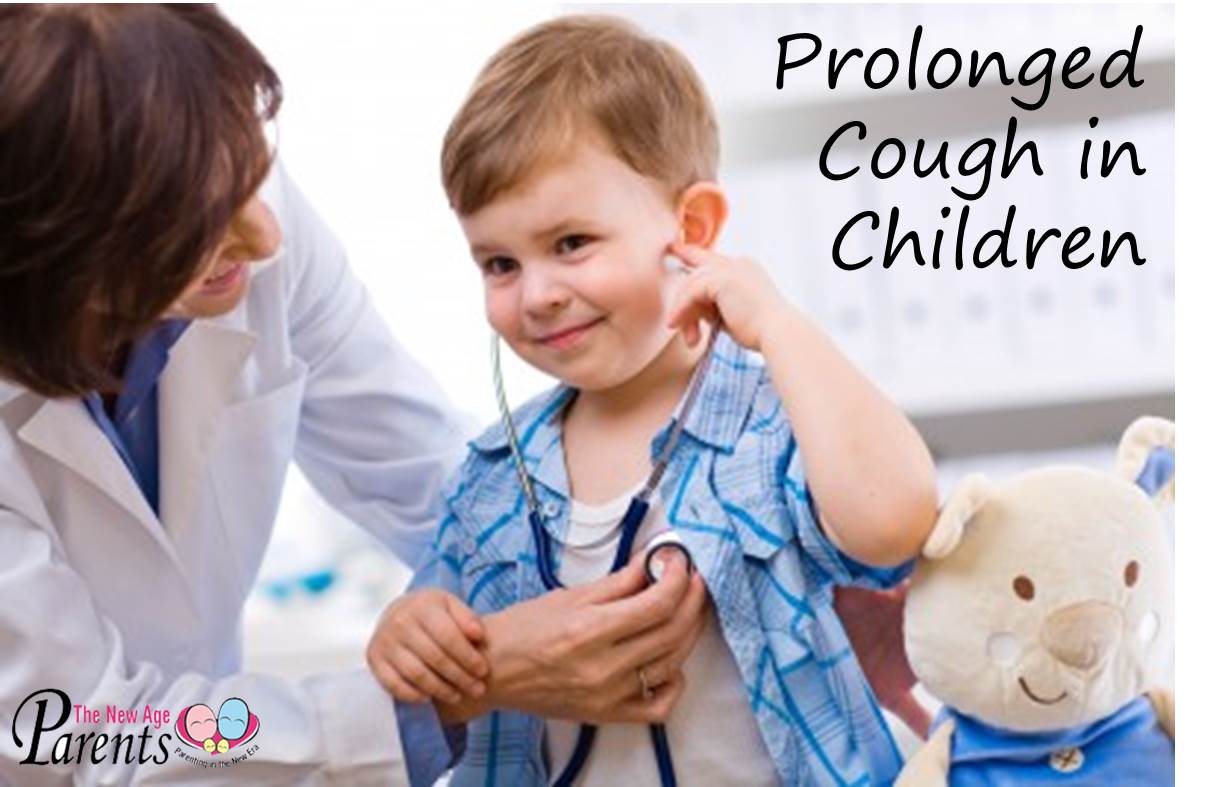
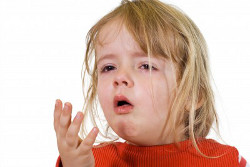
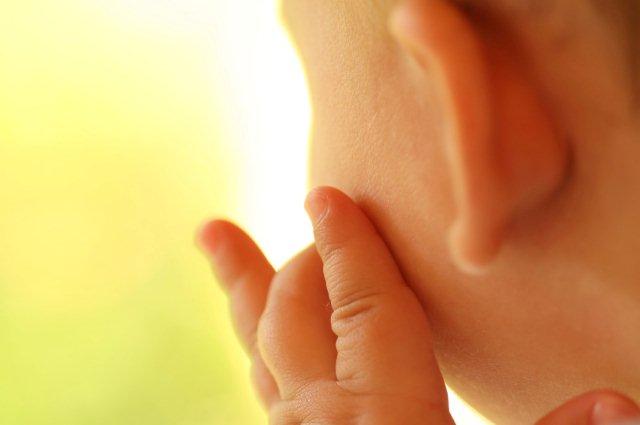




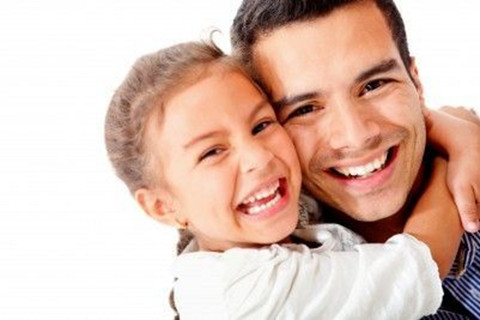
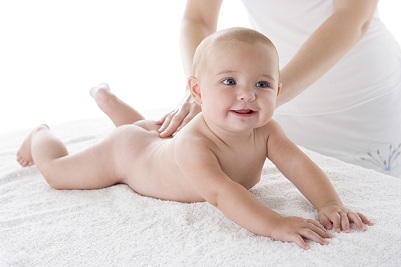
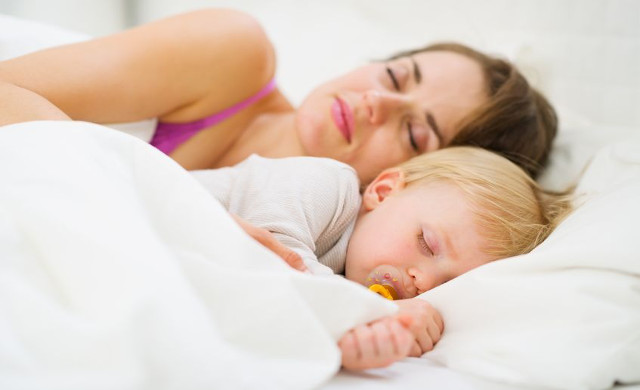

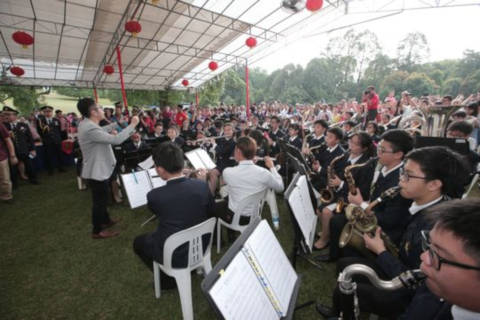
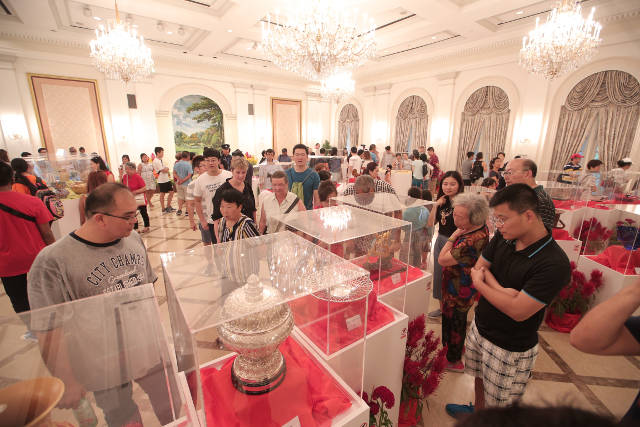
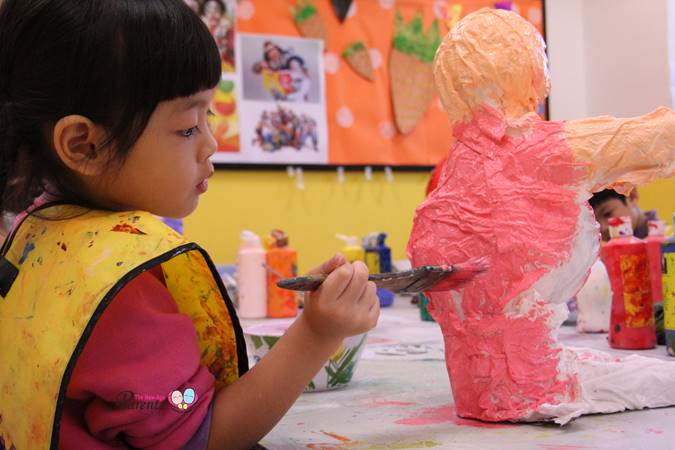





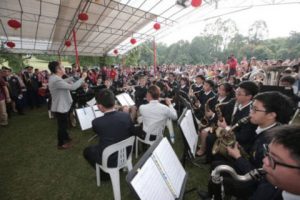

Leave a Comment: